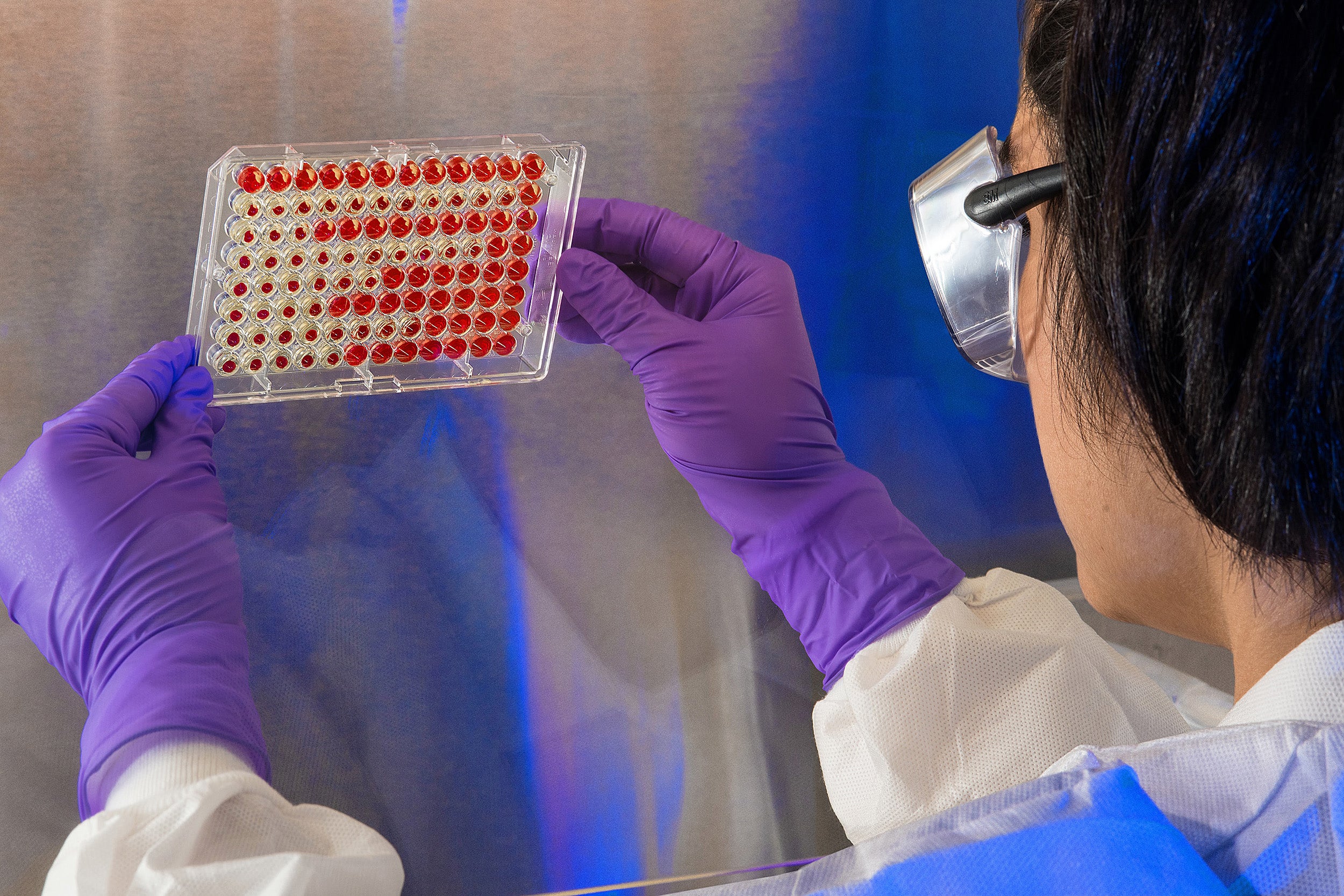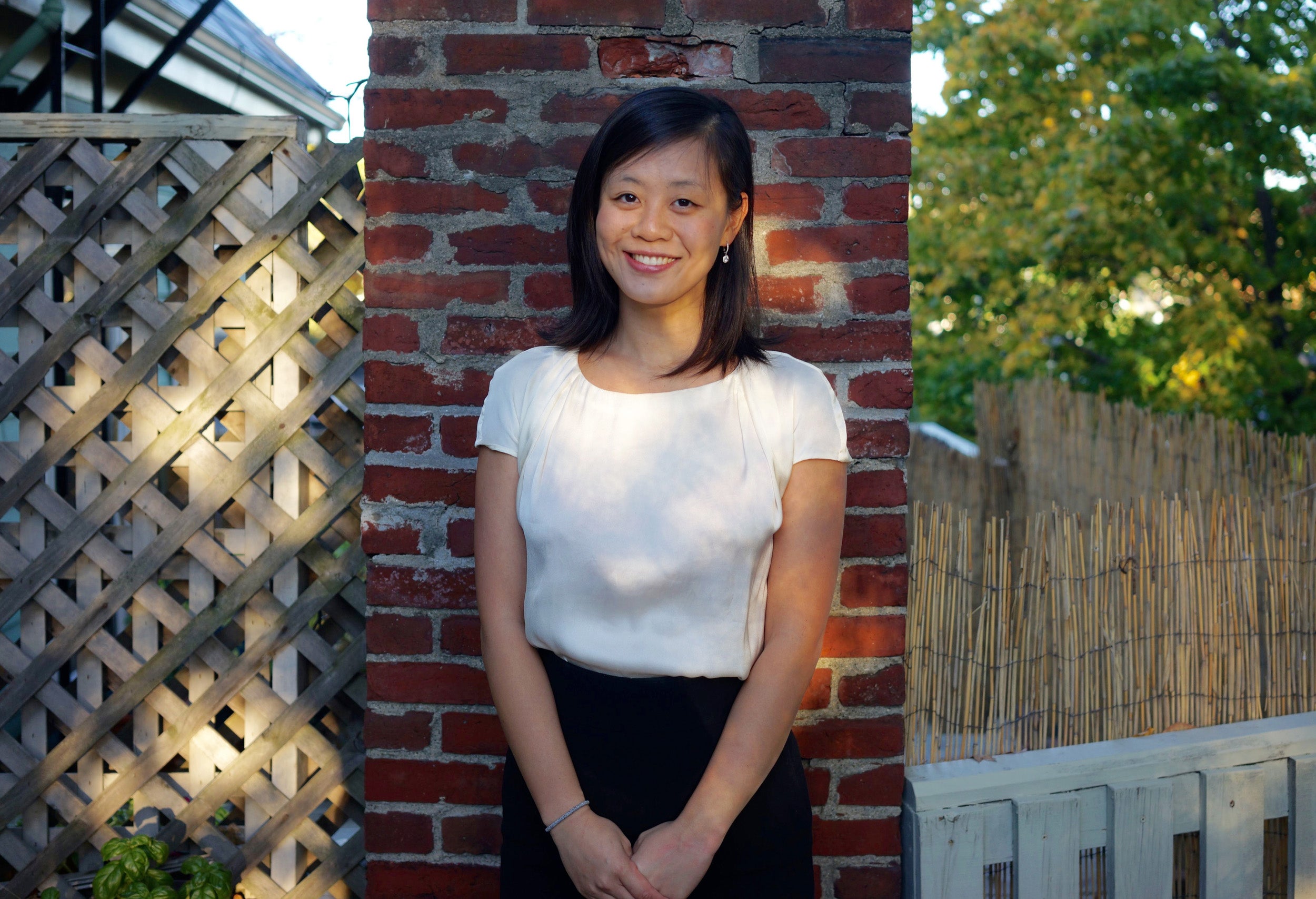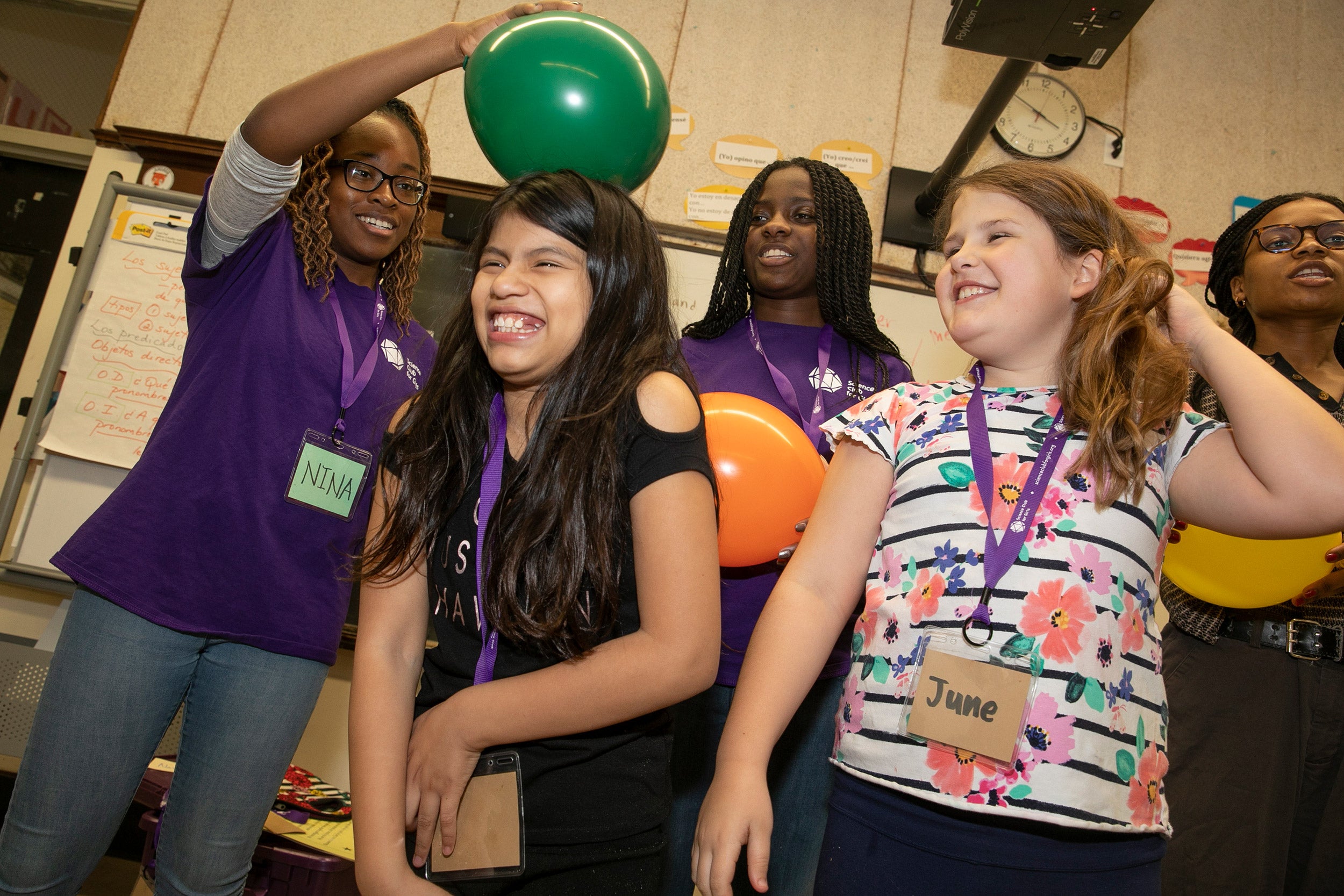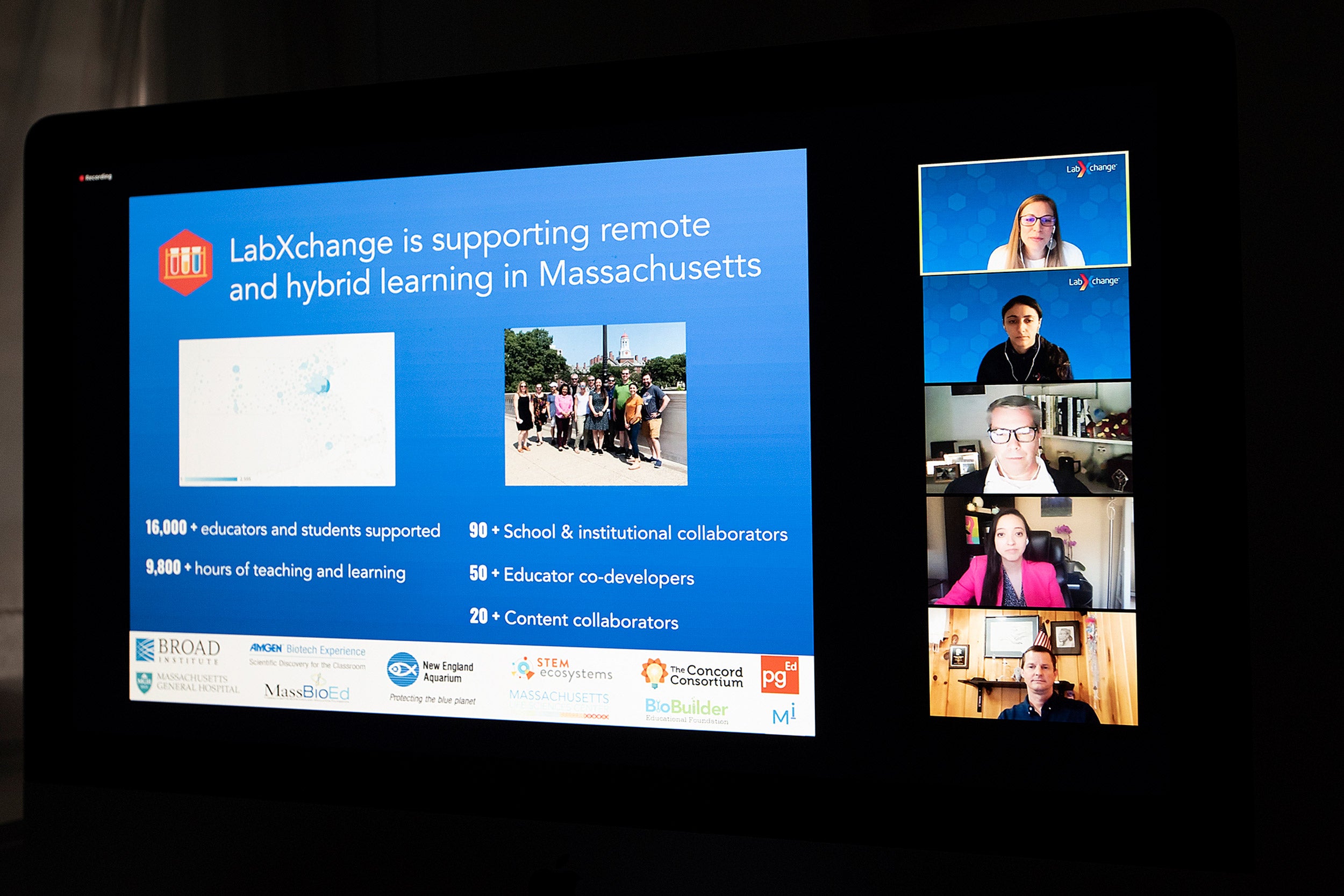
Unsplash
Harvard partners in national alliance to diversify STEM postdocs and faculty
Program helps young scholars grow their professional networks
The opportunity came at just the right time for Yeimy Rivera.
She was nearing the end of her graduate program in solar physics at the University of Michigan and starting to think about next steps. Rivera decided that part of what she wanted in a postdoctoral position was the chance to expand her professional network beyond the research scene in Ann Arbor. Then she discovered the Research University Alliance (RUA), a collaboration focused on increasing the number of underrepresented minorities in academic STEM careers.
Rivera visited the Center for Astrophysics | Harvard & Smithsonian (CfA) for three days in March 2019 as part of the program. She connected with staff, including her host astrophysicist, Katharine Reeves, learned about the work in solar physics and astrophysics, and gave presentations about her own studies. The experience led to a job last month when Rivera started as a postdoctoral fellow with the CfA’s Harvard College Observatory.
“It puts you ahead of the curve in a sense,” Rivera said of RUA, which funded the trip through a $1,500 grant. “You are given the opportunity to present at seminars [on your work] at different departments and start building your own collaborations, which is what one strives for as a Ph.D. student.”
RUA has served more than 45 participants like Rivera, leading to multiple postdoctoral positions and faculty appointments. Twelve students and postdocs from Harvard have been funded, and six other young scholars have visited. Harvard has been affiliated with the collaboration since 2018 and tentatively hopes to hold a conference for program participants in 2022.
RUA is a partnership between nine top research universities led by UC Berkeley. Along with Harvard, other members include California Institute of Technology, Georgia Tech, UCLA, University of Texas at Austin, University of Washington, University of Michigan, and Stanford University. The group plans to establish partnerships, including with historically Black colleges and universities.
“The very simple premise of what this program started with — and then expanded to — is to give underrepresented minority students, later-stage graduate students, and postdocs an opportunity to form their own network with the premise being that they don’t have existing traditional networks that others may have,” said FAS Assistant Dean for Science Zoë Fonseca-Kelly.

Kezi Cheng, a Ph.D. candidate in engineering at Harvard, launched a plastic recycling startup this year called FLO.materials with a postdoc she met at the Lawrence Berkeley National Laboratory at UC Berkeley.
Photo by Ehsan Hajiesmailli
Through RUA, participants receive professional development and the chance to meet and network with principal investigators, prominent research groups, and their peers. Small grants up to $1,500 allow for visits to any of the nine partners as part of a research exchange program. Other program offerings include access to a job-and-skill-matching system and a job application portal.
“Sometimes [taking part in RUA] results in job offers at the postdoc level or somebody that can write reference letters for you and maybe it ends in a faculty hiring,” said Fonseca-Kelly, who oversees Harvard’s involvement in the program.
RUA is an expansion of the California Alliance for Graduate Education and the Professoriate, which launched in 2013 with funding from the National Science Foundation. It then served only the California schools. In 2016, the program started expanding and in October of this year, after being awarded a $2.3 million grant from the NSF, it renamed itself the RUA and relaunched with a more national focus.
The Alliance estimates about 850 Ph.D. candidates and 107 postdocs from underrepresented groups are eligible for the program.
Students can apply year-round, but travel for the research exchange has been restricted due to the COVID-19 pandemic.
For many who have taken part, the program has had a lasting impact.
“I wish I had known about it sooner,” said Maral Mousavi, a former Harvard postdoctoral fellow working on affordable diagnostic devices in the lab of chemist George Whitesides.
In June of 2019, Mousavi was awarded $1,500 to visit Ellen Sletten’s lab at UCLA to learn about the diagnostics and medical therapies she was working on there. Sletten became a trusted mentor for Mousavi, who, not long after her trip, was hired by the University of Southern California as an assistant professor of biomedical engineering.
“I was actually on the job market at the time that I actually applied and I wanted to have another mentor,” Mousavi said. “I wanted to interact with somebody who was a woman and who was also a junior person who recently went through the job market and somebody who could advise me on that aspect. My mentors [at the time] were a little bit further removed from that.”
Kezi Cheng, a Ph.D. candidate in engineering at the Harvard Graduate School of Arts and Sciences, said she began networking with a postdoc she met at the Lawrence Berkeley National Laboratory at UC Berkeley, and that led to the two of them launching a plastic recycling startup this year called FLO.materials.
“The connection happened because I went on this trip, so it was a very, very worthwhile experience for me,” Cheng said. “It also exposed me to opportunities on the West Coast and the role of national labs in bridging academic and industry research.”
As for Rivera, she said the visit to the CfA helped her stand out from the crowd and develop a better sense of whether a job there would be a good fit.
“I got a firsthand impression of the entire group — how they work, what they were working on, and really got a sense of if I did end up there, these are the opportunities that would arise,” Rivera said. “That was a big plus for me, so when it came down to actually applying for postdocs and something opened up there, I decided to apply.”
The program is eyeing is further national expansion, especially given that underrepresented minorities make up more than 30 percent of the population but only 5 percent of faculty and 6 percent of postdoctoral scholars at research universities in key STEM fields.
“There’s a lot of great students outside of the nine institutions, so it’d be great to get more collaboration and give more access in that way,” Rivera said.







